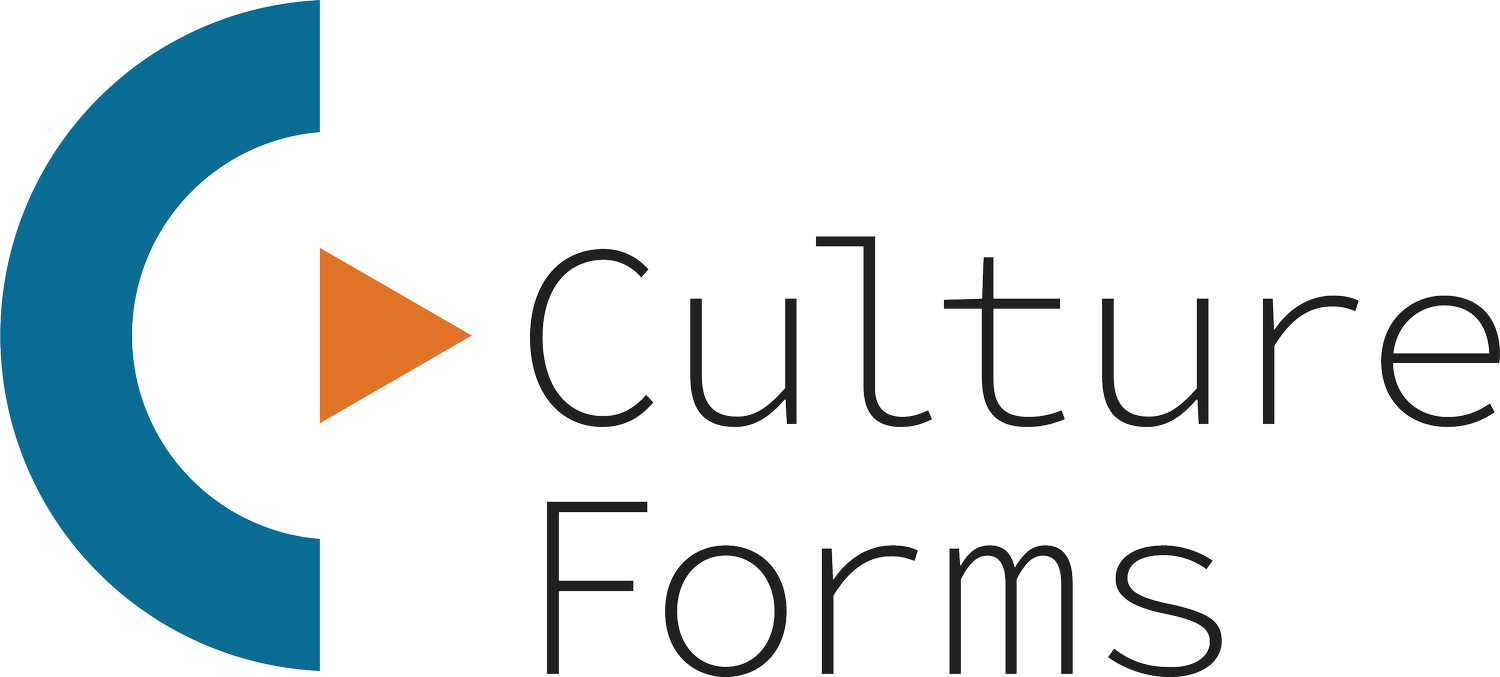Are You Willing to Try Something?
Rob Reiner: You’re the only guy I know who would go on national television with a routine that you had never tried out and you would do it for the first time on national television.
Albert Brooks: No, I went in the bathroom, I would look in the mirror, I would come up with something, and I would go do it.
This exchange, in the recent documentary Defending My Life, resonates for me both as a writer and as a facilitator.
Culture Forms is born from—and driven by—applying what I’d learned from being a poet to community-building endeavors. (Another factor was sitting at one desk at a nonprofit for several years, and witnessing the basic office choreographies of trust, power dynamics, and community.)
The practices—habits, questions, and conversations, really—that I’ve led organizations and teams through since 2017 were all formed by some spark of invention. Questions and conversations are creative acts, too.
But, as I’ve said before and will say again, the most important elements for building trust are time and intention.
By time I don’t just mean minutes on the calendar, though they are necessary. I mean the time it takes to repair the tracks when the train veers off course; also, the time that individuals spend in reflection, apart from their colleagues, letting time accumulate as it naturally does, so we might better see what happened—what worked as well as what didn’t—as well as what could be.
As for intention, I don’t mean expecting one outcome or answer. I mean intending to show up and then doing so, ideally with a sense of curiosity and unfettered attention.
If you’re willing to try something, these are the most salient ingredients for a community and its many relationships to thrive.
And let’s not forget the role of the imagination, which boils down to a willingness to envision something that hasn’t happened yet, or could be revised to happen differently. Through my work, I’ve come to understand that imagination requires a sense of trust, both in oneself and in one’s collaborators or audience. There’s a nice symmetry: creative project also requires time and intention, no matter the scale.
For all forms of group work—within a classroom, in an organization or on a team, or with one’s neighbors—the same logic applies. I’ve worked with groups that are beginning in a deficit of trust, groups that are doing relatively well, and groups of strangers that are beginning a conversation with no relationship at all. Each time I lead an initiative, I see meaningful, vulnerable, kind, curious, and potent exchanges grow from two simple ingredients: time and intention. So, I’ll ask again—are you willing to try something?
Get in touch or sign up for a 2024 offering:
Creative Processes * Sun. 3/3 * The philosophy at the heart of Culture Forms
CAG * 6 Tuesdays, May - July * The CF philosophy turned into an opportunity to create something new alongside a supportive peer group
How to Build a Community Circle * 3 Sundays in April * Lessons learned from hosting a sustained neighborhood conversation since 2020
